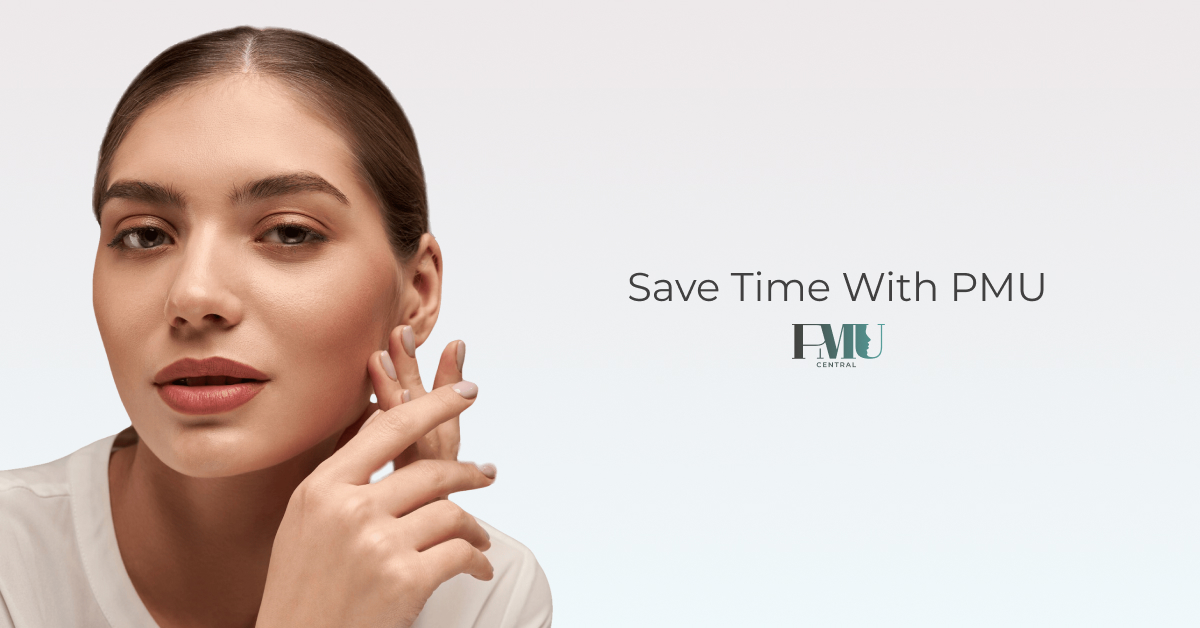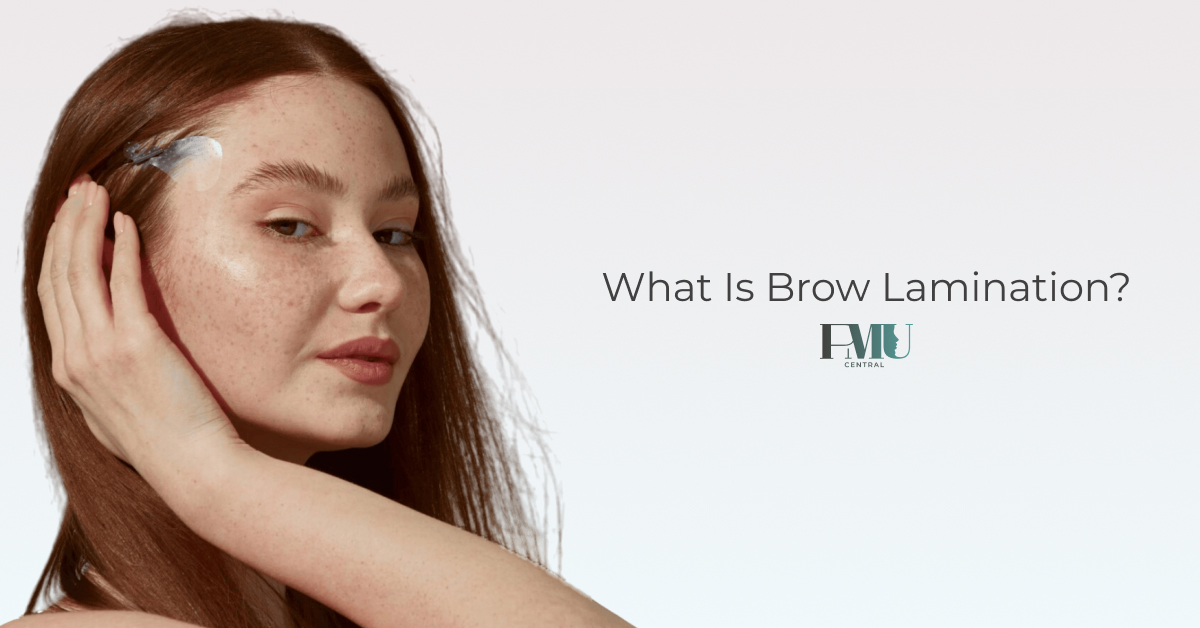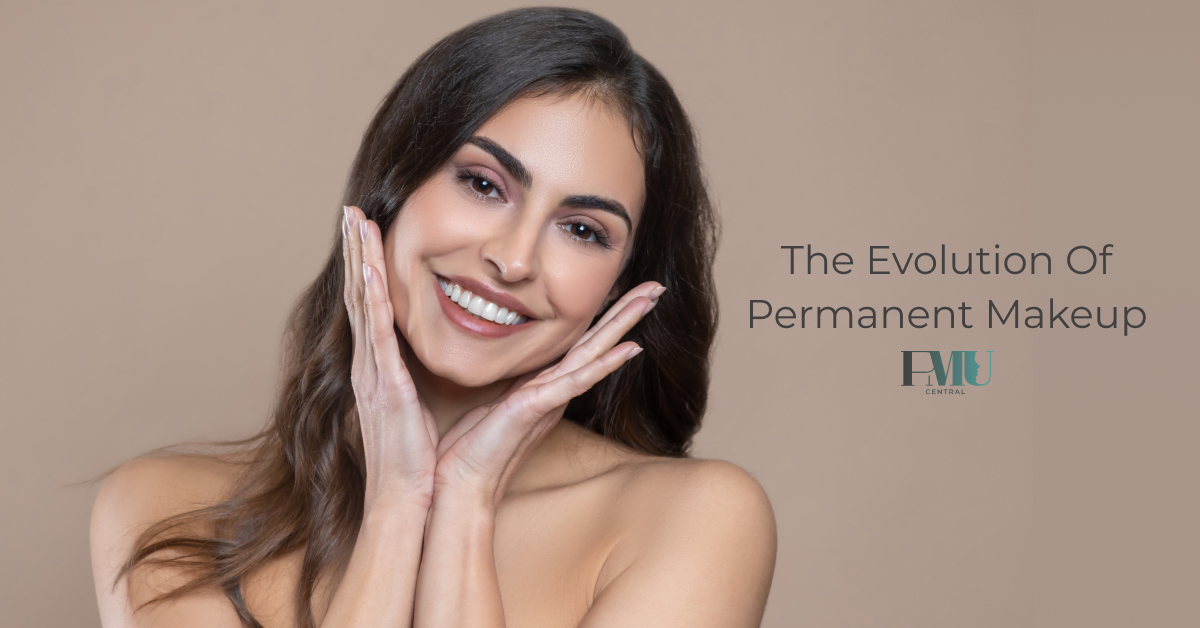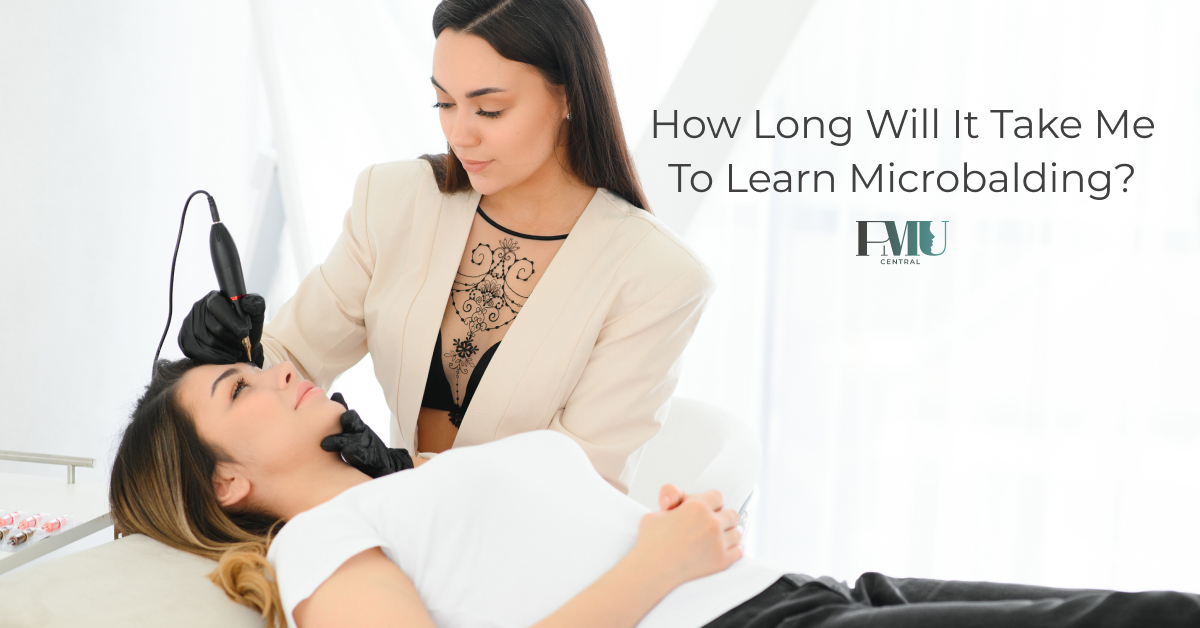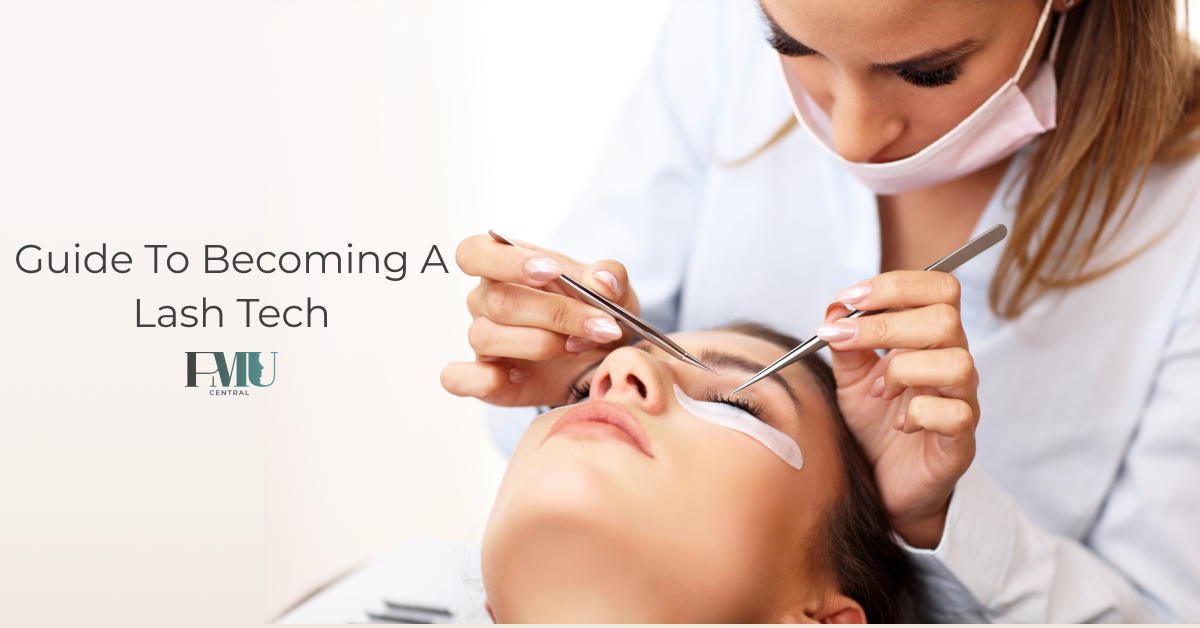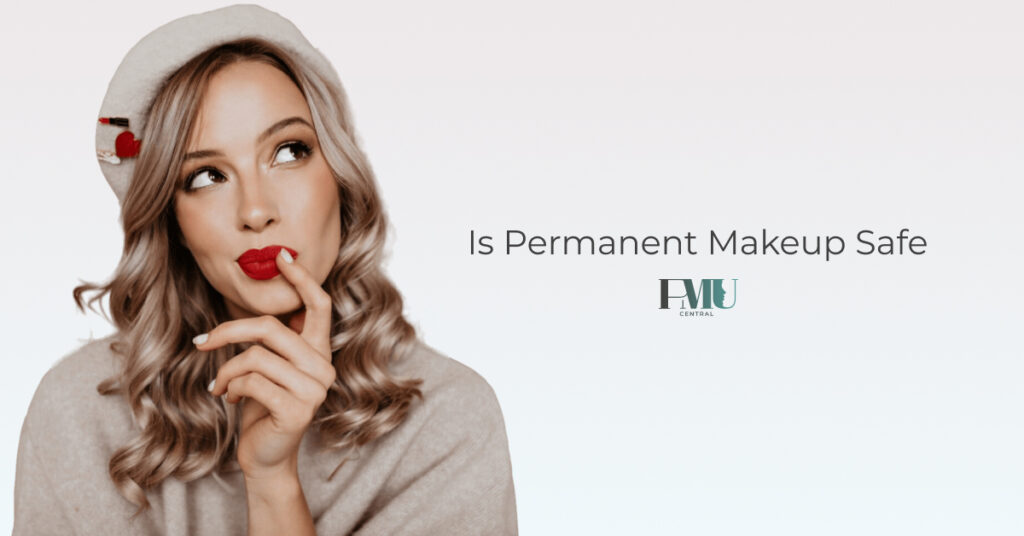
Exploring the Safety of Permanent Makeup: What You Should Be Aware Of
When it comes to beauty treatments, safety is a top concern, and permanent makeup (PMU) is no exception. If you’re contemplating a PMU procedure, it’s natural to wonder about its safety. Let’s dive into the details to address your concerns and provide insights into the safety aspects of permanent makeup.
Evolution of Safety in the Permanent Makeup Industry
The permanent makeup industry has witnessed significant advancements, with modern tools, improved supplies, and constantly refined techniques. While PMU procedures are generally considered non-invasive and safe, it’s crucial to understand potential risks associated with the application process, aftercare, and the artist’s expertise.
Primary Risks of Permanent Makeup
Risk of Infection: Infections pose the primary concern with PMU procedures. Sterile environments in PMU salons are essential, yet the artist’s attention to hygiene varies. Tools and surfaces must be thoroughly sterilized, and artists should adhere to protective equipment standards. Proper disinfection of the treated area before the procedure and meticulous aftercare by clients are vital in preventing infections.
Scarring: While PMU should be a gentle process, overworking the skin can lead to scarring. Experienced artists adapt their pressure to different skin types, but the risk persists with less skilled practitioners. Clients must be cautious when selecting a PMU artist to minimize the likelihood of scarring.
Keloid Scarring: Some individuals may be prone to keloid scarring, triggered by the overproduction of collagen in response to skin injury. PMU can potentially serve as a trigger, making it crucial for those susceptible to excessive scarring to reconsider the treatment.
Allergic Reactions: Allergic reactions may occur to pigments, aftercare products, or tools used in the procedure. A patch test before the treatment can help identify potential allergic responses, emphasizing the importance of communication with the artist.
Contraindications and Specific Considerations
Not Suitable for Certain Conditions: PMU is not recommended for individuals with uncontrolled diabetes, serious diseases like epilepsy or autoimmune disorders, bleeding disorders, or those taking blood-thinning medications. Additionally, specific skin conditions, recent tanning, and other contraindications should be considered.
Pregnancy, Breastfeeding, and Cancer Patients: While PMU can enhance confidence for cancer survivors, pregnant and breastfeeding women are generally advised against the procedure due to potential infection risks. Cancer patients may undergo PMU after treatment completion with doctor approval.
MRI Considerations: Contrary to common misconceptions, PMU rarely reacts to MRI radio wave technology, minimizing discomfort during examinations.
Safe Practices for Specialized PMU Procedures
Scar Camouflage: Micropigmentation for scar camouflage shares common risks with general PMU. However, scars should ideally be at least 6 months old before undergoing this corrective form of PMU.
Permanent Makeup Removal: Removing permanent makeup, whether through laser, saline, or acid methods, carries risks of scarring and discoloration. Natural fading might be preferable unless results are intolerable.
Final Thoughts on PMU Safety
Conclusion:
permanent makeup treatments are generally safe when performed by certified professionals. While side effects are rare, proper hygiene, allergy testing, and careful consideration of contraindications contribute to a safe and satisfying PMU experience. Remember, the primary risk lies in not liking the results, but health-wise, PMU need not be a hazard when approached with diligence and professionalism.

